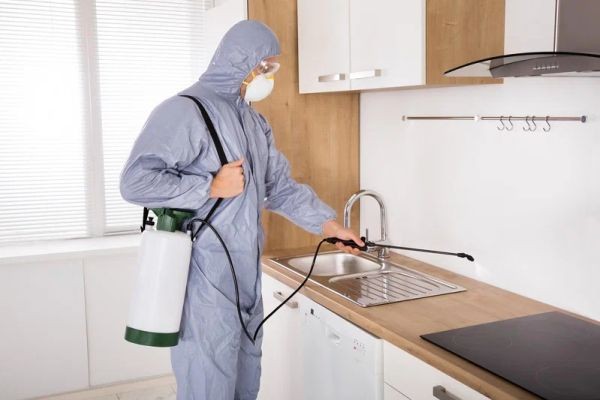Best Pest Prevention: Your Ultimate Guide to a Pest-Free Space
Pest prevention is essential for safeguarding your home or business from unwanted infestations. Effective strategies ensure a healthier environment while minimizing damage caused by pests like rodents, insects, and other unwanted critters. This guide will explore the best pest prevention methods, why they are necessary, and how professional services can help protect your space.
Why Pest Prevention Matters
Implementing pest prevention measures is crucial for several reasons:
-
Health Protection: Pests can carry diseases that pose health risks to you and your family.
-
Property Safety: Infestations can lead to structural damage, especially from termites and rodents.
-
Cost-Effective: Preventative measures help avoid costly repairs and pest removal services.
-
Peace of Mind: A pest-free space provides comfort and peace of mind for property owners.
Key Components of the Best Pest Prevention
Effective pest prevention involves a combination of proactive strategies. Here are the core components:
1. Sealing Entry Points
Pests often enter through cracks, gaps, and holes in walls, windows, and doors. Properly sealing these entry points reduces the risk of infestation.
2. Proper Waste Management
Garbage and waste attract pests. Regular disposal, using sealed bins, and keeping the surroundings clean can deter pests from breeding in your area.
3. Moisture Control
Damp areas are breeding grounds for pests like mosquitoes and cockroaches. Fixing leaks and ensuring proper ventilation prevents moisture buildup.
4. Regular Cleaning
Maintaining cleanliness, especially in kitchens and storage areas, eliminates food sources for pests, keeping them away.
5. Landscaping Maintenance
Overgrown shrubs and cluttered yards can harbor pests. Regular landscaping keeps the area less appealing to critters.
Eco-Friendly Pest Prevention Solutions
Eco-friendly methods are gaining popularity for their minimal environmental impact. These include:
-
Natural Repellents: Using essential oils like peppermint, lavender, and citronella.
-
Biological Control: Introducing natural predators like ladybugs for insect control.
-
Non-Toxic Traps: Mechanical traps instead of chemical treatments.
Why Choose Professional Pest Prevention Services?
While DIY methods can be effective, professional pest prevention services offer:
-
Expertise: Trained technicians can identify potential risks and provide customized solutions.
-
Advanced Tools: Access to advanced pest control tools and treatments.
-
Long-Term Protection: Ongoing monitoring ensures long-term protection.
Steps to Implementing Pest Prevention
Here’s a step-by-step guide to achieving the best pest prevention:
-
Inspection: Conduct a thorough inspection to identify pest-prone areas.
-
Exclusion: Seal all possible entry points.
-
Sanitation: Maintain proper cleanliness and waste management.
-
Moisture Control: Fix leaks and damp spots.
-
Professional Support: Hire a pest prevention expert for long-term security.
Industries That Benefit from Pest Prevention
-
Hospitality: Hotels and restaurants need pest-free spaces to ensure customer satisfaction.
-
Healthcare: Clean environments are essential in hospitals and clinics.
-
Education: Schools and colleges must maintain safe, pest-free campuses.
-
Retail: Pest-free stores protect both products and customer experiences.
Conclusion
Implementing the best pest prevention strategies is key to maintaining a safe, healthy, and pest-free environment. By sealing entry points, managing waste, and seeking professional support, you can significantly reduce the risk of infestations. Remember, effective pest prevention not only protects your property but also ensures long-term pest control success. Contact us today to learn more about our tailored services for your unique needs.

